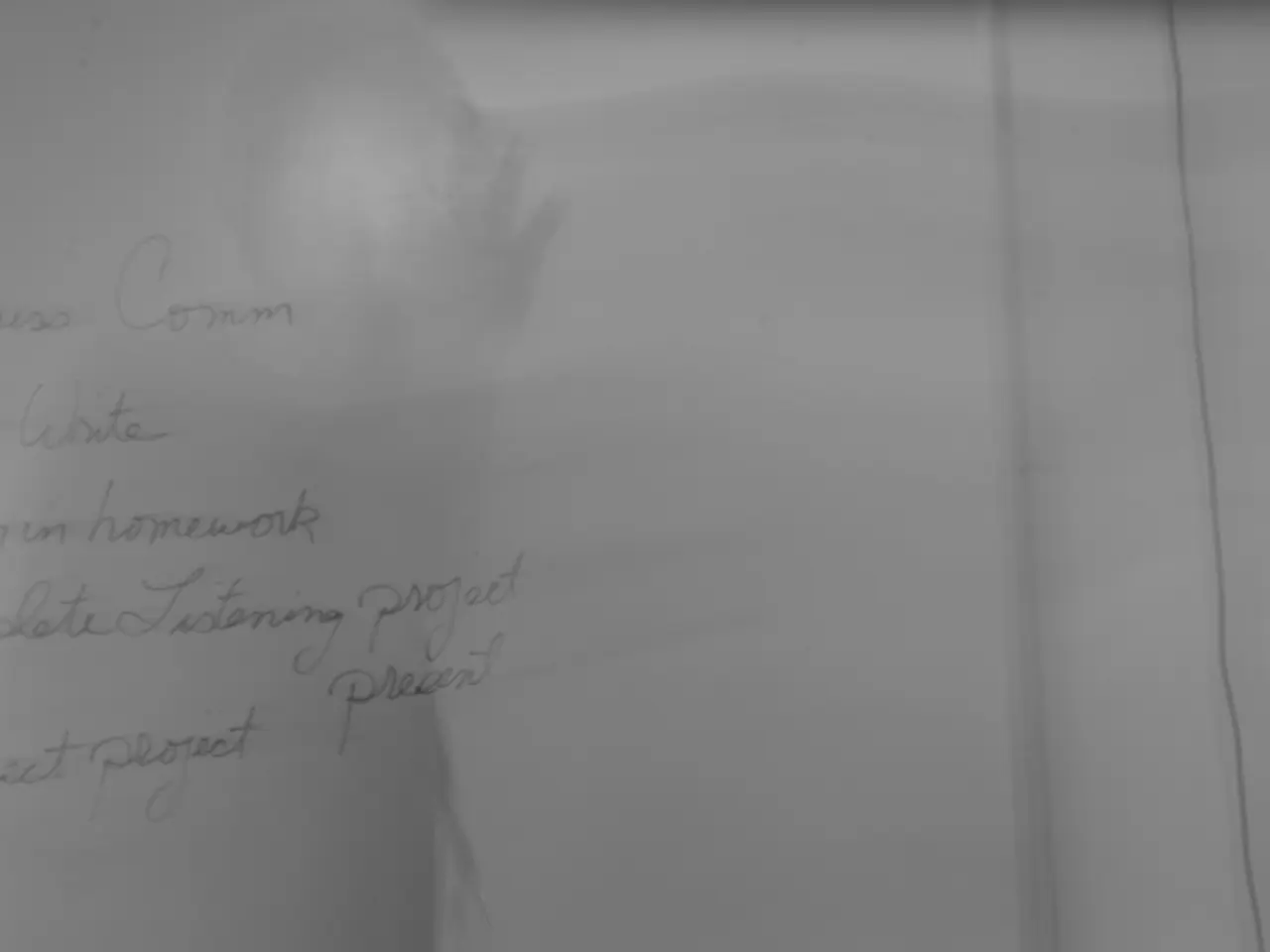Countries including France, the United Kingdom, and Germany prepared to reinstate financial restrictions against Iran
The foreign ministers of France, Germany, and Britain (the E3) have written a letter to the United Nations, warning of the possibility of reinstating "snapback" sanctions on Iran. This move carries significant diplomatic, economic, and strategic implications, as the E3 are prepared to trigger the snapback mechanism under UN Security Council Resolution 2231 by the end of August 2025, if Iran fails to make progress on nuclear talks or extend the negotiation timeline.
The threat aims to compel Iran to resume cooperation with the International Atomic Energy Agency (IAEA) and curb its nuclear program, including uranium enrichment. The E3 seek a "firm, tangible commitment" from Tehran to avoid snapback. However, the move is not without controversy, as Iran and Russia reject the E3’s authority to invoke snapback, claiming the Europeans lack both legal and moral grounds.
The E3's decision comes amid ongoing nuclear tensions, with Iran having uranium stockpiles representing more than 40 times the limit, including 400kg of uranium enriched at 60%. Since 2019, Iran has wilfully and publicly departed from its nuclear commitments, as stated by the E3. In response, Iran has announced a new enrichment site and has produced, installed, and operated thousands of new advanced centrifuges.
The E3 proposes an extension for negotiations, aiming to conclude a new agreement while maintaining the possibility of reinstating sanctions against Iran. The snapback would automatically restore UN sanctions lifted under the 2015 nuclear deal (JCPOA), including prohibitions on uranium enrichment and broad sanctions such as arms embargoes, travel bans, and asset freezes.
However, the snapback threat heightens tension but also serves as a diplomatic lever. If Iran continues to violate its international obligations, France, Germany, and Britain will reinstate global embargoes on arms, nuclear equipment, and banking restrictions. The E3 considers that Iran's nuclear program continues to pose a threat to world security.
The IAEA can no longer conduct on-site inspections since Iran stopped cooperating with them after the conflict. The UK Foreign Secretary, David Lammy, stated that Iran's failure to provide credible assurances about its nuclear program poses a threat to international peace and security.
If the snapback is triggered, Iran has warned it might reconsider its membership in the Nuclear Non-Proliferation Treaty and could further advance its nuclear program, such as enriching uranium up to 90%. This raises the risk of regional and global escalation.
In a recent development, France has joined the US in demanding zero enrichment, even for civilian purposes. The E3 has offered a six-month snapback extension after its latest meeting with Iran, to which Iran has yet to respond. The ministers have stated that if Iran does not take action, they are prepared to trigger the snapback mechanism.
It is important to note that Europe has never militarily attacked Iran, unlike the US. The situation remains complex and volatile, with the potential for significant diplomatic, economic, and strategic consequences. The E3's decision to threaten snapback sanctions is a strong diplomatic warning designed to halt Iran's nuclear advances and restore international sanctions without veto blockage, but it faces legal disputes, risks heightened nuclear conflict, and could undermine fragile diplomacy just as talks resume.
- The foreign ministers of France, Germany, and Britain (the E3) have written a letter to the United Nations, expressing their concerns about the possibility of reinstating "snapback" sanctions on Iran.
- The E3's letter warns that if Iran fails to make progress on nuclear talks or extend the negotiation timeline, they will trigger the snapback mechanism under UN Security Council Resolution 2231 by the end of August 2025.
- The aim of this move is to compel Iran to resume cooperation with the International Atomic Energy Agency (IAEA) and curb its nuclear program, including uranium enrichment.
- The E3 seek a "firm, tangible commitment" from Tehran to avoid snapback, but their authority to invoke snapback is disputed by Iran and Russia, who claim the Europeans lack both legal and moral grounds.
- The E3's decision comes at a time when Iran has been increasing its uranium stockpiles and enrichment activities, which poses a threat to world security, according to the E3.
- If the snapback is triggered, it would automatically restore UN sanctions lifted under the 2015 nuclear deal, including prohibitions on uranium enrichment and broad sanctions such as arms embargoes, travel bans, and asset freezes.
- However, the snapback threat could lead to escalation in the Middle East, as Iran has warned it might reconsider its membership in the Nuclear Non-Proliferation Treaty and could further advance its nuclear program, potentially causing regional and global conflicts.






